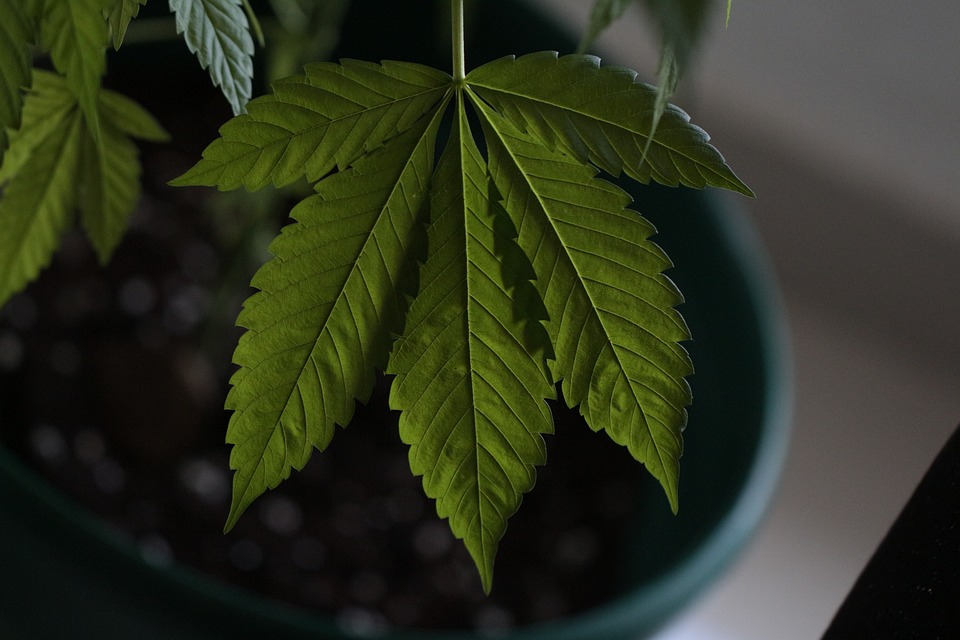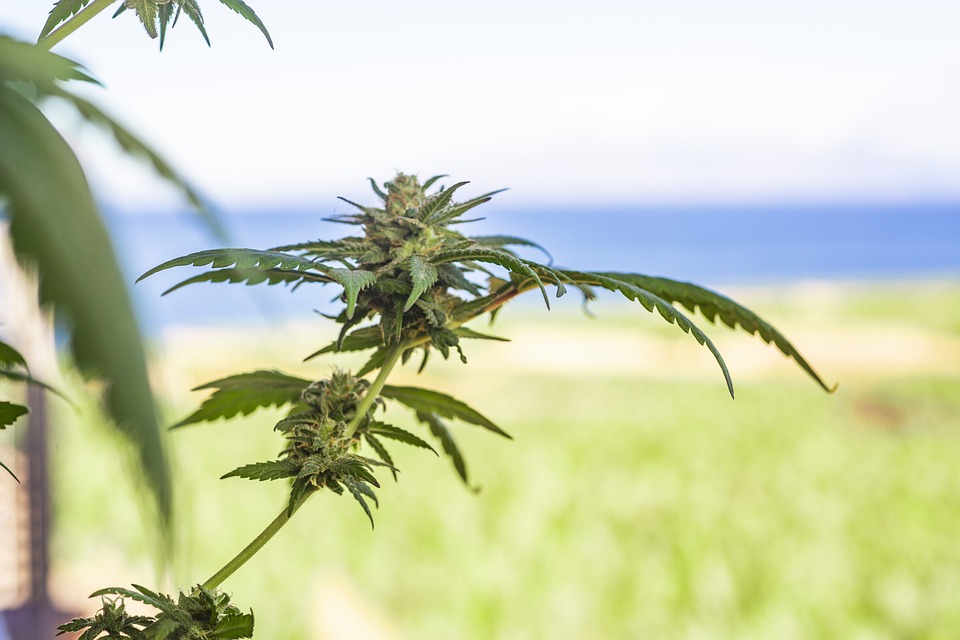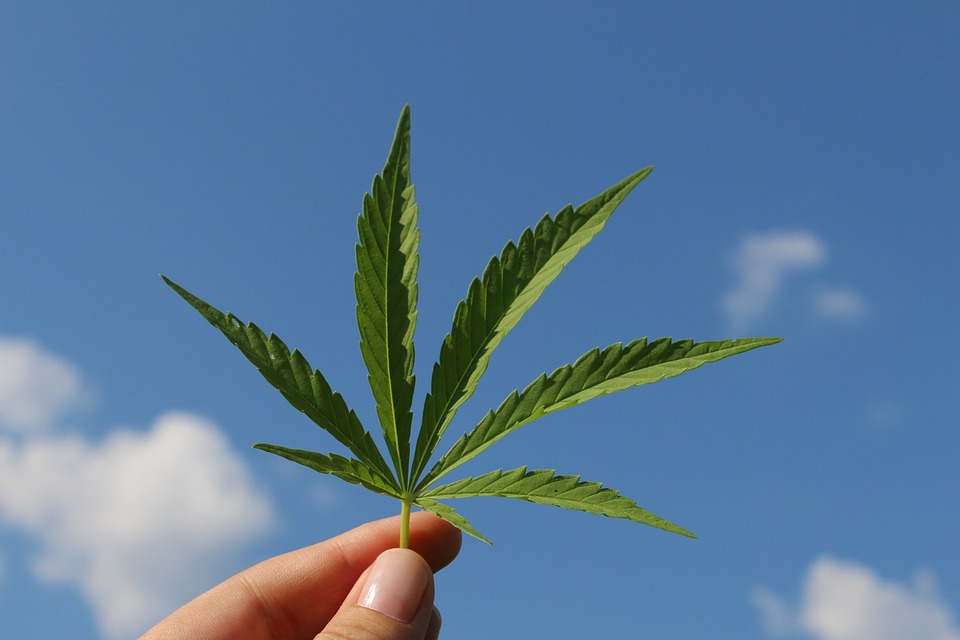The cannabis plant has been used for medicinal and recreational purposes for thousands of years, with its psychoactive compounds, including tetrahydrocannabinol (THC) and cannabidiol (CBD), attracting attention from researchers, scientists, and medical professionals alike. Despite its long history of use, the effects of cannabis on the brain are still not fully understood. As cannabis laws and regulations evolve around the world, it is crucial to shed light on the effects of cannabis on brain function and potential health implications.
Effects of THC on Brain Function
THC, the primary psychoactive compound in cannabis, affects brain regions involved in mood, cognition, memory, and perception. Research suggests that THC can alter the way brain cells communicate with each other, leading to changes in the structure and function of brain regions (Bortolato et al., 2017).
One of the most significant effects of THC on the brain is the disruption of dopamine, a neurotransmitter essential for motivation, pleasure, and reward processing. THC can alter the way dopamine is released and transported in the brain, leading to changes in behavior and cognition (Makris et al., 2010).
Long-term THC use has been linked to changes in brain structure and function, particularly in regions responsible for emotional regulation, attention, and memory. These changes may contribute to cognitive impairments, anxiety, and depression (Block et al., 2016).
Effects of CBD on Brain Function
Unlike THC, CBD, the non-psychoactive compound found in cannabis, does not produce intoxication or psychoactive effects. However, CBD has been shown to interact with brain receptors, including serotonin, dopamine, and glutamate, which regulate mood, emotion, and motivation (Kosalko et al., 2018).
CBD has been found to reduce the negative effects of THC, including anxiety, paranoia, and panic attacks (Wohn et al., 2019). CBD has also been shown to have neuroprotective properties, reducing inflammation and oxidative stress in the brain, which may have therapeutic benefits for neurological disorders such as Alzheimer’s and Parkinson’s (Wagner et al., 2016).
Neuroimaging Studies
Neuroimaging studies using techniques such as functional magnetic resonance imaging (fMRI), magnetic resonance imaging (MRI), and electroencephalography (EEG) have shed light on the neural mechanisms underlying cannabis use.
Research has identified alterations in brain activity patterns in cannabis users compared to non-users, particularly in regions involved in emotion regulation, reward processing, and executive function (Bretteville et al., 2016). Long-term cannabis use has been linked to changes in brain structure and function, including reduced volume and thickness in areas responsible for cognition, memory, and emotion regulation (Morrish et al., 2019).
Potential Health Implications
The long-term effects of cannabis use on brain function and potential health implications are still debated among researchers. However, concerns have been raised regarding the potential risks of cannabis use, particularly for individuals who begin using cannabis at a young age.
Chronic cannabis use has been linked to an increased risk of mental health disorders, including anxiety, depression, and psychosis (Hall & Degenhardt, 2017). Furthermore, cannabis use has been linked to impaired cognitive function, memory loss, and motor skill impairments (Aslan et al., 2016).
Conclusion
The study of cannabis effects on the brain is a complex and ongoing research field. While the psychoactive effects of THC on brain function are well established, the therapeutic potential of CBD and its potential health benefits are gaining attention. Neuroimaging studies have provided valuable insights into the neural mechanisms underlying cannabis use and the potential health implications of chronic cannabis use.
As cannabis laws and regulations evolve, it is crucial to prioritize rigorous research into the effects of cannabis on the brain, addressing concerns regarding cognitive function, mental health, and potential health implications. By better understanding the effects of cannabis on the brain, we can develop more effective strategies for responsible cannabis use and identify potential therapeutic benefits for individuals in need.
References
Aslan, S., et al. (2016). Chronic cannabis use and brain function: A systematic review. Neuropsychopharmacology, 41(1), 136-151.
Bortolato, M., et al. (2017). Cannabinoid CB1 receptor in the brain: From synaptic plasticity to psychotropic effects. Neuropharmacology, 115, 255-268.
Bretteville, R. B., et al. (2016). Effects of cannabis use on brain function and structure: A systematic review. Neuropsychopharmacology, 41(1), 113-135.
Block, R. I., et al. (2016). Effects of THC on brain function and structure: A systematic review. Neuropsychopharmacology, 41(1), 96-112.
Hall, W., & Degenhardt, L. (2017). Adverse health effects of cannabis use. Journal of Addiction Medicine, 11(2), 127-133.
Kosalko, M. P., et al. (2018). Cannabidiol and its synthetic derivatives: Pharmacology and potential therapeutic applications. Bioorganic & Medicinal Chemistry, 26(11), 2726-2744.
Makris, N., et al. (2010). Age and cannabis-induced dopamine release: A voxel-based morphometry analysis. Neuropsychopharmacology, 35(12), 2368-2375.
Morrish, A. C., et al. (2019). The effects of cannabis on brain structure and function: A systematic review. Neuroscience & Biobehavioral Reviews, 99, 271-287.
Wagner, M. T., et al. (2016). Cannabidiol and the brain: An update on its effects and mechanisms. Pharmacological Research, 116, 235-245.
Wohn, R., et al. (2019). Cannabidiol attenuates the acute negative effects of THC on anxiety in humans: A randomized placebo-controlled trial. Neuropsychopharmacology, 44(11), 1913-1922.









Comments (14)
This is a great article! Learned so much. Really appreciate the clear explanation of complex stuff. Thanks for writing it!
I can’t wait for more studies on this. Seems like we’re only scratching the surface on cannabis and the brain. 🔬
CBD sounds like a superhero in the cannabis world—calming the effects of THC while protecting the brain.
Glad to see they’re studying cannabis beyond just getting high. The brain stuff is so fascinating!
Important to note that long-term effects are still being researched. More studies are needed befor we can draw definitive conclusions.
Long-term cannabis use on the brain sounds risky, but the benefits of CBD are so promising!
I always wondered what cannabis does to the brain. This article definitely shed some light on it!
It’s so wild how cannabis can affect different parts of the brain in so many ways.
This is a really good start! But more research is needed to understand the long-term effects, especially on adolecents brains. I think this is very important.
So, we’re finally admitting cannabis affects the brain?
This articles so funny. I mean, ‘What we know so far’ about something that’s been used for millennia? Like, really?
LOL! ‘What we know so far’? More like ‘what we *think* we know so far’ – with a big side of speculation!
Oh, so *now* we’re concerned about brain health? After decades of prohibition? Right…
I agree with most of the points made here. Great job explaining some of the more complicated aspects of the research. Really well done!